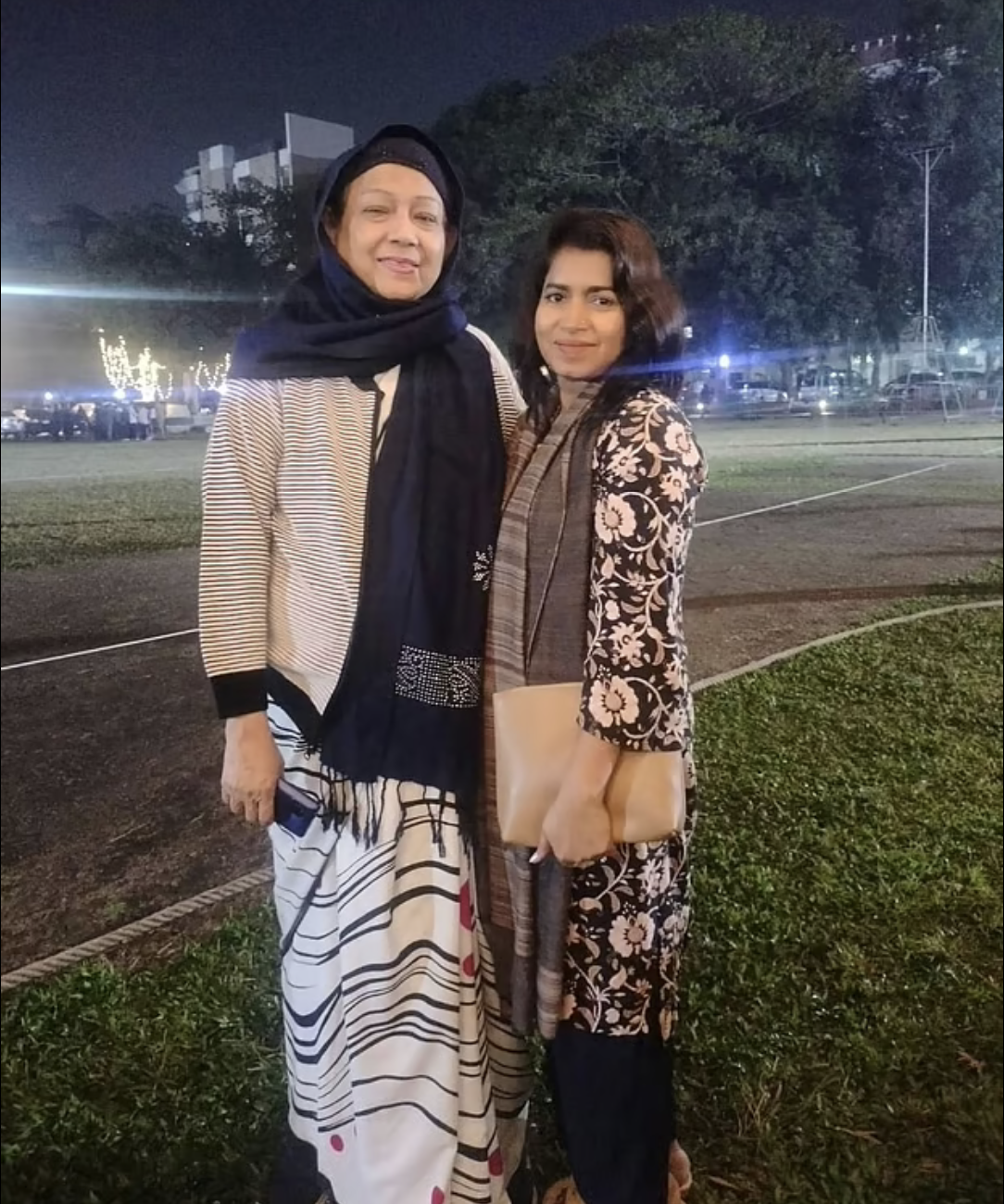Rani HamidkBangladesh’s legendary chess Grandmaster Rani Hamid faced an unexpected and upsetting
situation upon her arrival in India for the 21st Delhi International Open Grandmasters Chess
Tournament. Her only travel companion, rated chess player and international carrom athlete
Ashiya Sultana, was denied entry into India and sent back to Dhaka directly from the airport.
The two arrived at Delhi’s Indira Gandhi International Airport on the evening of 6 June.
However, Indian immigration authorities stopped Ashiya Sultana at the airport, citing a previous
visa violation. According to officials, she had previously travelled to India on a medical visa, but
instead of seeking treatment, she took part in a chess tournament in Kashmir. As a result, her
entry was refused this time, despite travelling under a SAARC visa, which was approved with
the recommendation of the Bangladeshi Ministry of Foreign Affairs.
Ashiya Sultana was held at the airport overnight and forced to return to Bangladesh the
following morning—coincidentally on Eid al-Adha. The decision has left Rani Hamid, who is over
80 years old, without support in a foreign country during a major international tournament.
Speaking to the Times of India, Rani Hamid said,
“I feel very bad. The person who came with me was not allowed to enter. She had to spend the
entire night at the airport. She didn’t do anything wrong—just played chess! I never travel
alone. I only came this time because Ashiya Sultana was with me. Now I’m alone.”
Ashiya Sultana, 36, explained that she had no idea her actions on her previous trip violated visa
conditions.
“I went on a medical visa intending to see a doctor in Chennai. But I later found out that the
doctor wasn’t in town. Since I was already in India and had an invitation to play in a chess
tournament in Kashmir, I participated. I had every intention to see the doctor again later, but
had to return to Dhaka before I could.”
She added,
“I didn’t know participating in a chess tournament would break the visa rules. If someone had
warned me or advised me back then, I would have never done it. This time I had a proper
invitation letter, and I thought everything was fine. It was only at the Delhi airport that I found
out there was an allegation against me.”
Sources close to the Bangladesh chess community suspect that someone may have submitted a
complaint against Ashiya Sultana, which led to the immigration alert. While similar situations
have occurred before—Bangladeshi chess players travelling on non-sports visas to participate in
tournaments—this is one of the few times such strict action has been taken.
Visa procedures for India have become stricter in recent years. Even though Rani and Ashiya
Sultana were travelling on SAARC visas, a category typically supported through diplomatic
channels, the earlier allegation led to Ashiya Sultana being denied entry.
Despite the challenges, Rani Hamid praised the local organisers of the tournament for their
warmth and hospitality.
“The organisers have been very kind and respectful. I’m being looked after. But being alone is
difficult,” she said.
The 21st Delhi International Open Grandmasters Chess Tournament began on 7 June and
features a total prize pool of ₹5.1 million (approx. £48,000). It attracts players from across Asia
and beyond, with Grandmasters, International Masters, and promising young talents competing
for ranking points and glory.
This is not the first time Rani Hamid and Ashiya Sultana have travelled together for
international tournaments. They previously represented Bangladesh in countries like Sri Lanka,
and Ashiya Sultana has often acted as a supportive companion on such trips—especially
important given Rani’s age and health considerations.
“Maybe it’s because I was going that Rani apa had the courage to travel to Delhi at her age,”
said Ashiya Sultana. “At the airport, she hugged me and asked, ‘How will I stay alone?’ That
broke my heart.”
Ashiya Sultana’s return has raised larger concerns in Bangladesh’s chess and sports community.
Many are questioning whether sports diplomacy is being undermined by rigid visa enforcement
and lack of clear guidelines for travelling athletes.
For now, Rani Hamid remains in Delhi, competing at the international stage as she has done for
decades. But the absence of a trusted companion at her side is a stark reminder that the
journey of an athlete—no matter how legendary—is not always smooth.


